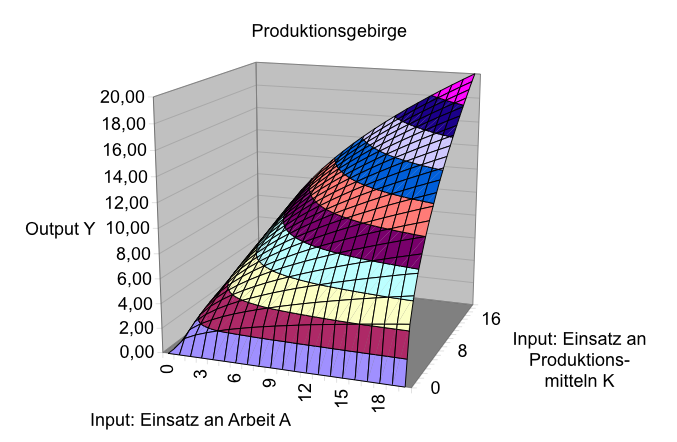When we discuss capitalism and business, we tend to heavily concentrate on the capital side of capitalistic markets. But what about labor in capitalism?
All economic systems are categorized based on who owns the means of production; who owns the capital.
Contrary to topical conversation, people like Sen. Bernie Sanders and nations like Denmark are NOT socialistic, at least not in the economic sense. Neither of those parties supports the government owning the means of production.
They prefer government intervention in the distribution of resources.
This is not necessarily in opposition to capitalism, as it still has markets directing resource flow, but with the visible hand of the government controlling flow, to a certain point.
This style of economic belief is Keynesian is essence. Democratic socialism is not an economic system.
In market socialism, the government owns the means of production and “rents” them to industry. While this system has been heavily theorized and discussed, the only time it was attempted was in the former Yugoslavia. It failed miserably.
If we continue the walk to the left, we run into what are referred to as centrally planned economies. This is this economic system that accompanies such political systems as communism, fascism, and any totalitarian state in general.
Economics disregards labor when categorizing economics systems, but why?
After we go through all the math and philosophy of the dismal science, we arrive at a truth.
Labor is always privately owned. Government cannot own labor. No one besides the individual can control their actions.
But what about slavery?
Even slaves own their labor, because they, and any person, can choose not to work. Even if the consequences are grave, someone can choose to die rather than work.
This is why economists cannot categorize economic systems by labor, from capitalism to market socialism to centrally planned economies. We find that all labor is always privately owned.
Therein lies the problem with socialism.
No matter how much the government, or any ruling authority, tries to force people to work, people can simply choose not to work.
Forget all the rhetoric. Forget all the beautifully-worded positions on both sides of the economic spectrum.
All discussion surrounding labor comes down to one goal: incentivizing production. You cannot force people to work if they make the ultimate decision not to.
For any exchange involving labor to properly work, there must be incentives. In capitalism, that is wage.
In socialism and communism it usually starts with wages, then food, then potentially empty promises of not being executed.
Capitalism motivates its workers better than any other economic system because it allows for inequality.
Capitalism allows for the most productive workers to reap the rewards for being more productive.
Instead of fighting against the fact that labor is privately owned, like centrally planned economies and socialism do, capitalism looks to encourage individuality and self-determination.
Currently, Venezuela is walking down the slippery slope of a forced labor economy. Venezuela was, and still largely is, the only representation of true socialism in the Western Hemisphere.
Sadly, Venezuela is an all too real life example of what happens when capital ownership is removed under the pretense of eradicating inequality. While removing the ownership of capital does create general equality, the standard of living is universally lower than even the lowest level in capitalistic economies.
This is because socialism ignores basic principles of economics.
Most egregiously, socialism ignores the basis of what generates production. All economic production comes down to two inputs: labor and capital.
While most discussion goes into capital (who should own it, how to redistribute it, how to stop certain people from acquiring too much, and so forth), little attention is paid to the labor input.
Yes, minimum wage discussion and the supposed “wage gap” are hot political buzzwords; they represent more of a discussion on inequality and less of a serious investigation into labor.
Labor is just as important as capital. In fact, the Cobb-Douglas production function, a cornerstone equation in understanding macro-economics, has the labor and capital inputs as functions of one another.

In order to get the most out of labor, and subsequently laborers, systems must be in place that incentivizes workers to work harder.
Labor in capitalism allows for this incentive structuring, while socialism represses it.
There is the inherent problem with labor and socialism. Prosperity is a far better motivator than dread.
READ MORE ABOUT ECONOMICS ON CAPITALISM.COM:
• Income Inequality: A Simple Case of Supply and Demand
• Why a Universal Basic Income Will Not Reduce Poverty
• What A Mess: Lessons From Socialist Venezuela’s Currency Chaos











